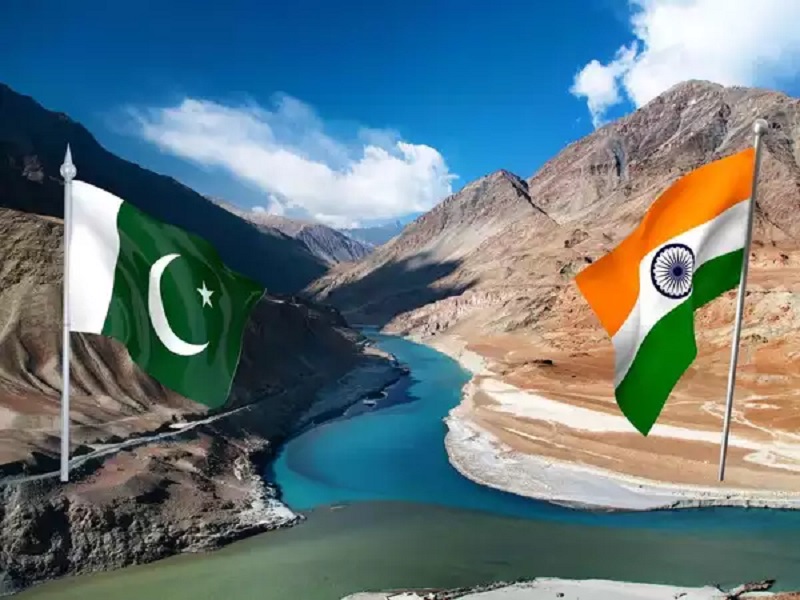India’s Home Minister Amit Shah has declared that the Indus Waters Treaty (IWT) with Pakistan will never be restored, asserting that water previously allocated to Pakistan will be diverted for India’s domestic use. The treaty, signed in 1960, governs the shared Indus river system and is crucial for 80% of Pakistan’s agricultural water supply. India suspended its participation following a terror attack in Indian Illegally Occupied Jammu and Kashmir (IIOJK), which it blamed on Pakistan.
Shah revealed plans to construct a canal diverting river water to Rajasthan, claiming Pakistan had been receiving water “unjustifiably.” This move could severely impact Pakistan’s farming sector, which relies heavily on the Indus basin. Despite a recent ceasefire between the two nuclear-armed neighbors, Shah’s remarks signal a hardline stance, dashing hopes of treaty revival in the near future.
Pakistan has repeatedly denied involvement in the IIOJK attack and maintains that the treaty cannot be unilaterally altered. The Foreign Ministry has warned that any blockage of river water would be considered an “act of war.” Islamabad is also exploring legal options to challenge India’s suspension of the treaty under international law, fearing long-term damage to its agriculture and water security.
The dispute highlights escalating tensions between the two nations, with India previously announcing plans to increase water withdrawals from rivers feeding Pakistan. Experts warn that prolonged conflict over water could destabilize the region, as both countries face rising demand and climate-induced shortages. With no diplomatic resolution in sight, the future of one of the world’s most critical water-sharing agreements remains uncertain.


